A defining feature of Abington Friends School is experiential learning. An article in Boston University’s Center for Teaching & Learning defines the term as “an engaged learning process whereby students ‘learn by doing’ and by reflecting on the experience.”
AFS offers diverse experiential learning opportunities: ExTerm, a chance to engage in a topic that goes beyond curriculum standards opposed to finals at the end of the year, senior capstone, global travel, and cohort programs. AFS’s dedication to learning by doing strengthens the student body and effectively prepares them for the future.
In a survey of approximately 20,000 U.S. high school students, researchers from the Yale Center for Emotional Intelligence and the Yale Child Study Center found that nearly 75% had negative feelings about school. Many students find school to be boring and stressful. With similar day-to-day schedules and demanding workloads, school can become monotonous, and students quickly get bored.
Integrating experiential learning at school introduces variety and breaks up the routine, effectively combating this issue. Recently, AFS Upper School science teachers Jordan Burkey and Scott Sowers took a group of astronomy students to listen to the 23rd Annual Kaczmarczik Lecture at Drexel University.
Field trips like these are a great way to bring excitement into learning. Students are eager to get out of the classroom and experience something new.
Experiential learning also promotes engagement. In the traditional classroom setting, “passive learning” is most common. Under this teaching style, students are directly fed information. They are given readings or lectures, and thus rarely engage with material, relying heavily on memorization techniques.
While flashcards might enable students to succeed on a test, these efforts are futile in the long term. Without fully engaging with the material, students struggle to retain the information.
My personal experiences as a high school senior confirm this. I have memorized entire study guides and did well on the subsequent tests, but after a few months, I had forgotten most of what I learned. Experiential learning provides a solution to this problem. Students have to get their hands dirty.
Adena Dershowitz, director of the Center for Experiential Learning, said that sometimes when students participate in an experiential learning activity, “the challenge in front of them requires them to acquire [a] skill.”
Whether it’s learning to cook a meal or creating a podcast, students can’t expect to get anything done without engaging with the material. Instead of solely relying on passive learning techniques, students are pushed out of their comfort zone, adapting creativity and problem-solving techniques.
In an article in Education Week, Hampshire College president Jonathan Lash explains how seminar students learned science and math skills “naturally, and, in many cases, unknowingly, because they were excited and challenged by their work.”
A byproduct of increased engagement is an increase in self-sufficiency. Instead of depending on teachers to give them notes or study guides, students take ownership of their own learning.
They don’t just learn, but they also learn how to learn, effectively setting them up for success. The information students struggle to retain using passive learning is fully absorbed through the thorough engagement that experiential learning provides.
Another factor that may lead to negative feelings about school is the stressful environment caused by academic pressure, heavy workload, and social expectations and standards. Experiential learning eliminates this toxicity. Many experiential learning activities at AFS incorporate collaboration with peers.
These opportunities bring students with similar interests together. We learn from our teachers, but there is also something very valuable in learning from our peers. When students support each other and exchange ideas with one another, feelings of competitiveness or tension dissipate.
Another factor contributing to students’ boredom and disinterest at school is a desire for purpose and meaning. In many of my classes, students question the significance of what they learn in future applications. Why does this matter? Will I need this in future years?
The cohort programs at AFS (MedEx, BizEx, LawEx, ChefEx, and ArtEx) introduce students to real-world applications of learned material. Participants can meet with professionals in the field, who show them how relevant topics can be implemented as a career. This is incredibly useful for students who need to understand the significance of the topics they are learning.
As a student who transitioned from a large public school to AFS, I can personally attest to the transformative power of experiential learning. Prior to AFS, I was one of the many students who disliked school. However, with AFS’ different approach to learning, I grew as a person and began to enjoy learning.
As a new student in 2020, the ChefEx cohort provided me with the opportunity to bond with other AFS students. I initially joined because cooking is an essential life skill. Although cooking isn’t one of my current passions or career interests, I’m still glad I participated.
I remember the obstacles that I faced while making risotto, but I also remember how I overcame them. I’m not a good cook, but the experience taught me perseverance and independence.
In addition, the ExTerm classes I have taken, Podcasting and Japanese Culture and Language, have been great experiences. One of my main goals throughout high school has been to branch out and try as many new things as possible. The Experiential Learning Program has made this possible. The freedom to experience new things and learn from them is essential to growing up.
While I do value trying new things, I also believe that the Experiential Learning Program should have something for everyone, so that all students can identify an activity that aligns with their future career goals or passions. Thankfully, the program is evolving to meet students’ needs.
Since my arrival into the AFS community in the fall of 2020, the program has undergone multiple significant changes. The ArtEx program has been added to the multiple cohorts that AFS offers, a significant development for students interested in pursuing art.
Additionally, the Small Farms class, a year-long course covering topics of food justice and environmental stewardship, has been added. These changes are appreciated and help support AFS students.
More importantly, students themselves have gotten involved in shaping the Experiential Learning Program by creating their own ExTerm programs. I encourage students to continue forming new experiential learning opportunities. If students keep creating opportunities, students with diverse interests can see themselves represented and find a program that suits them.
Experiential learning is the future of education and a source of hope for our community. It should be prioritized.
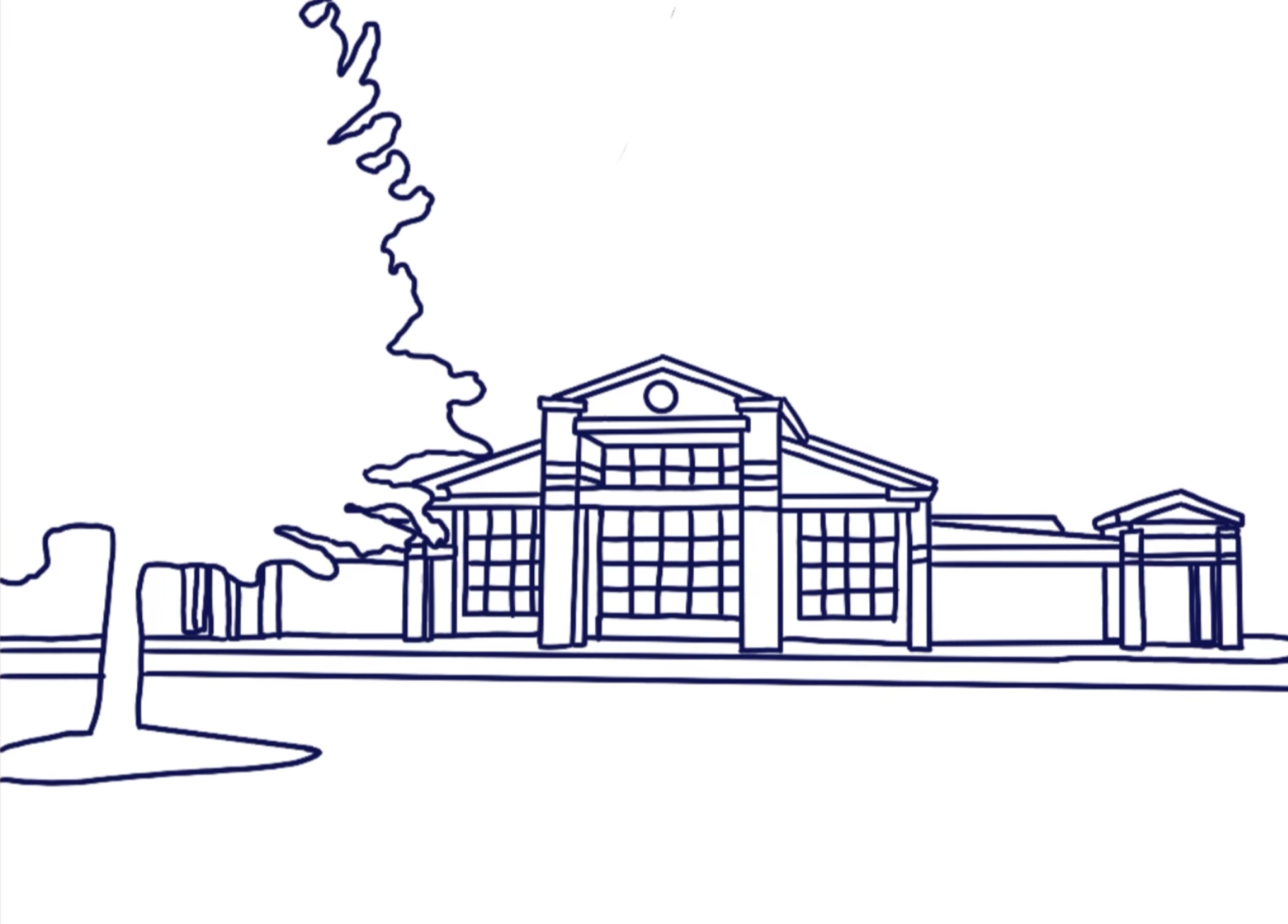

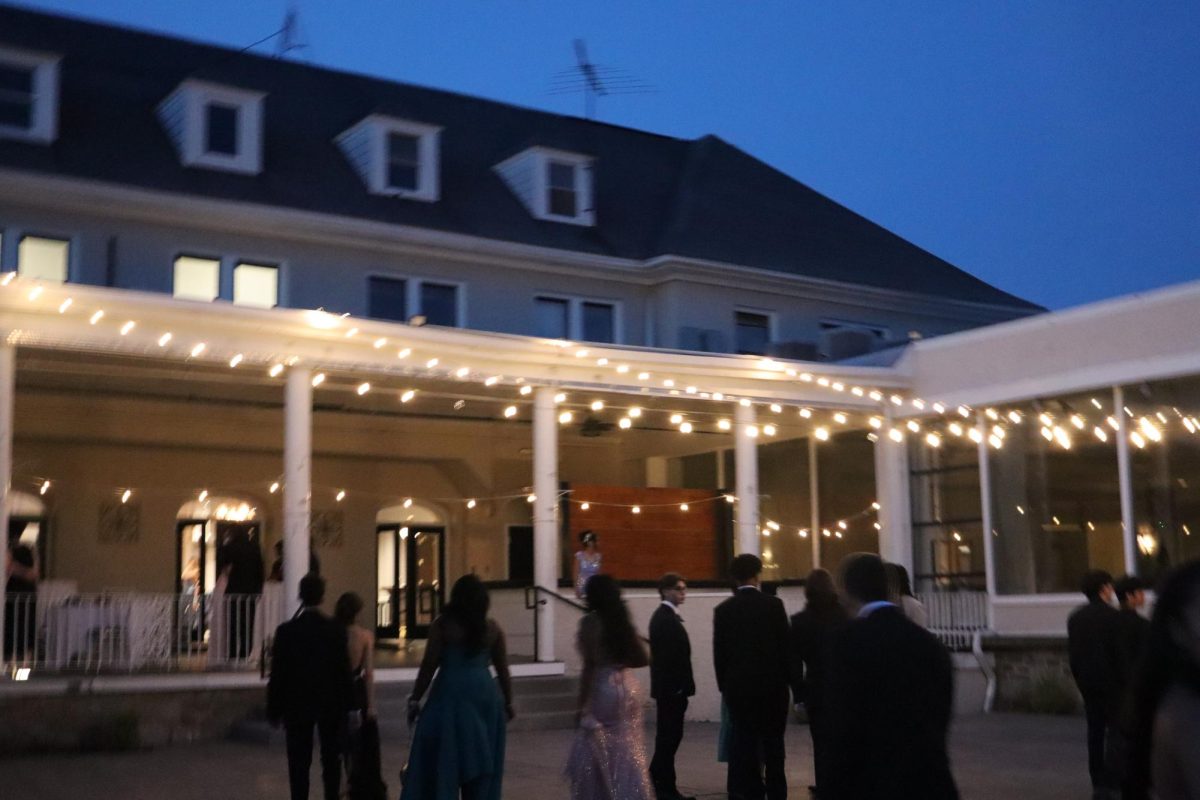

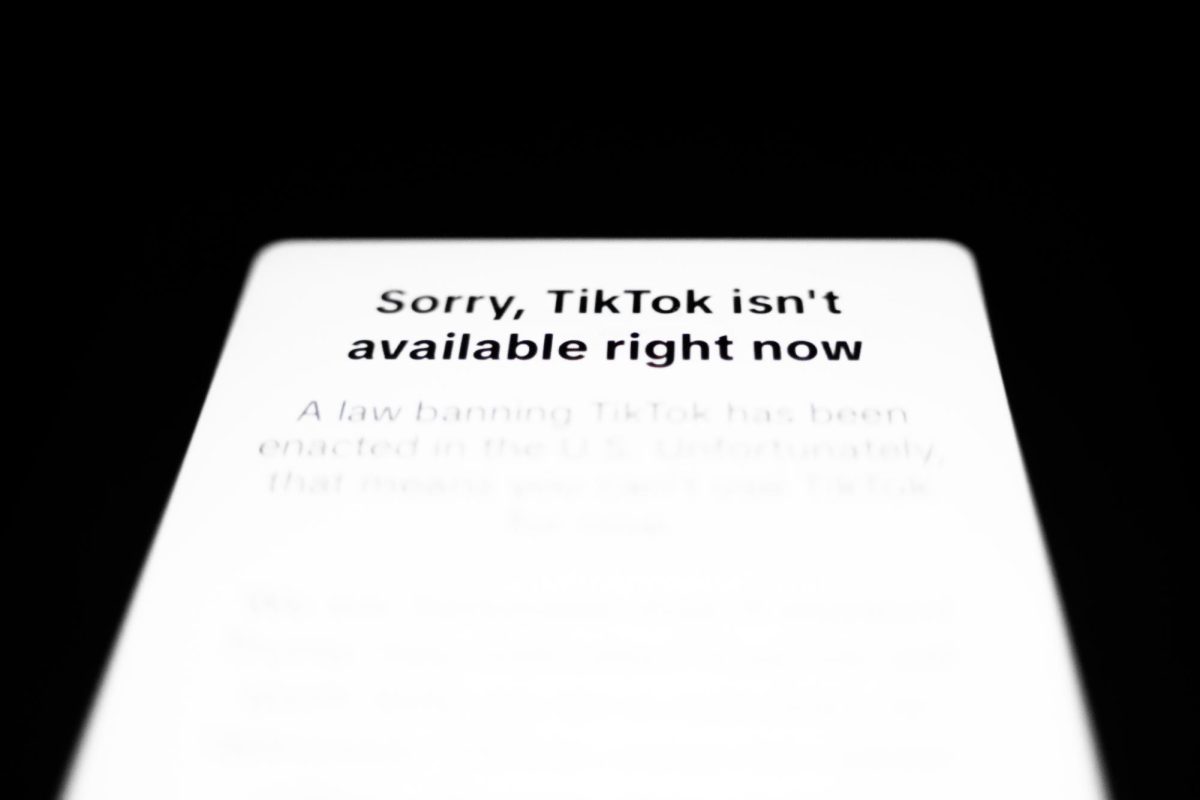

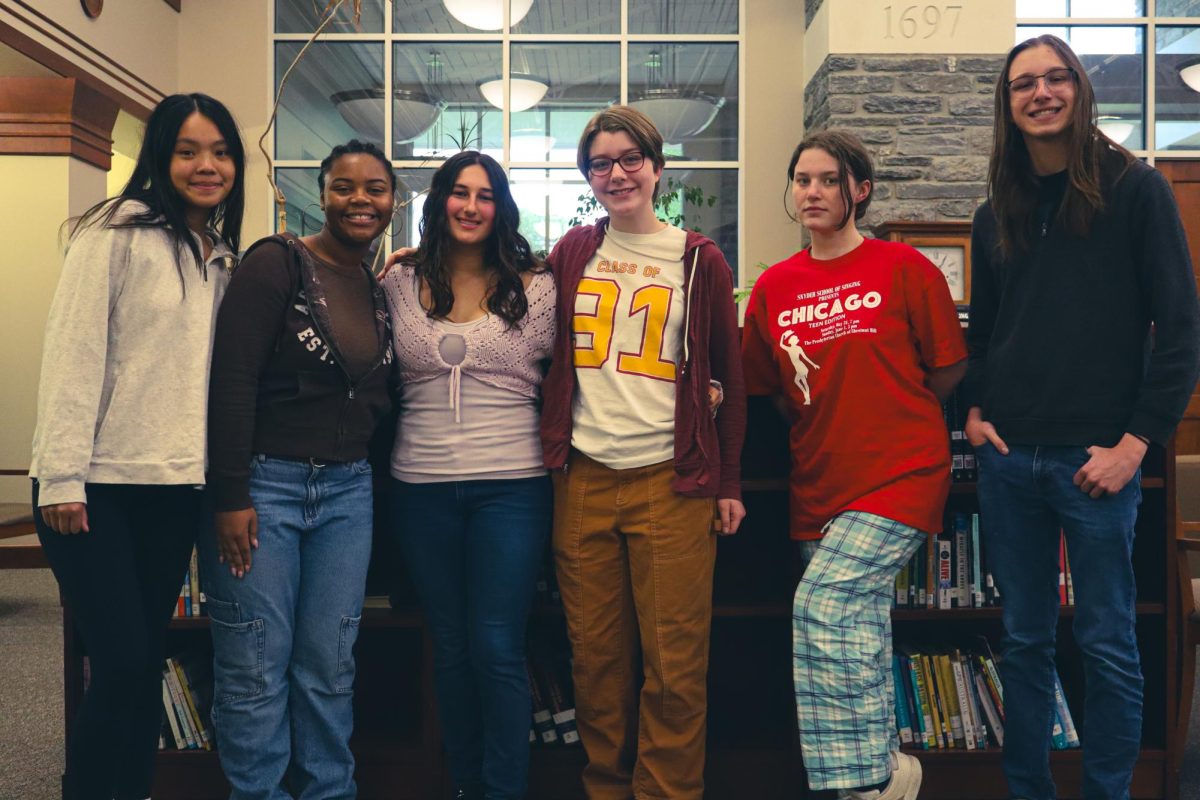


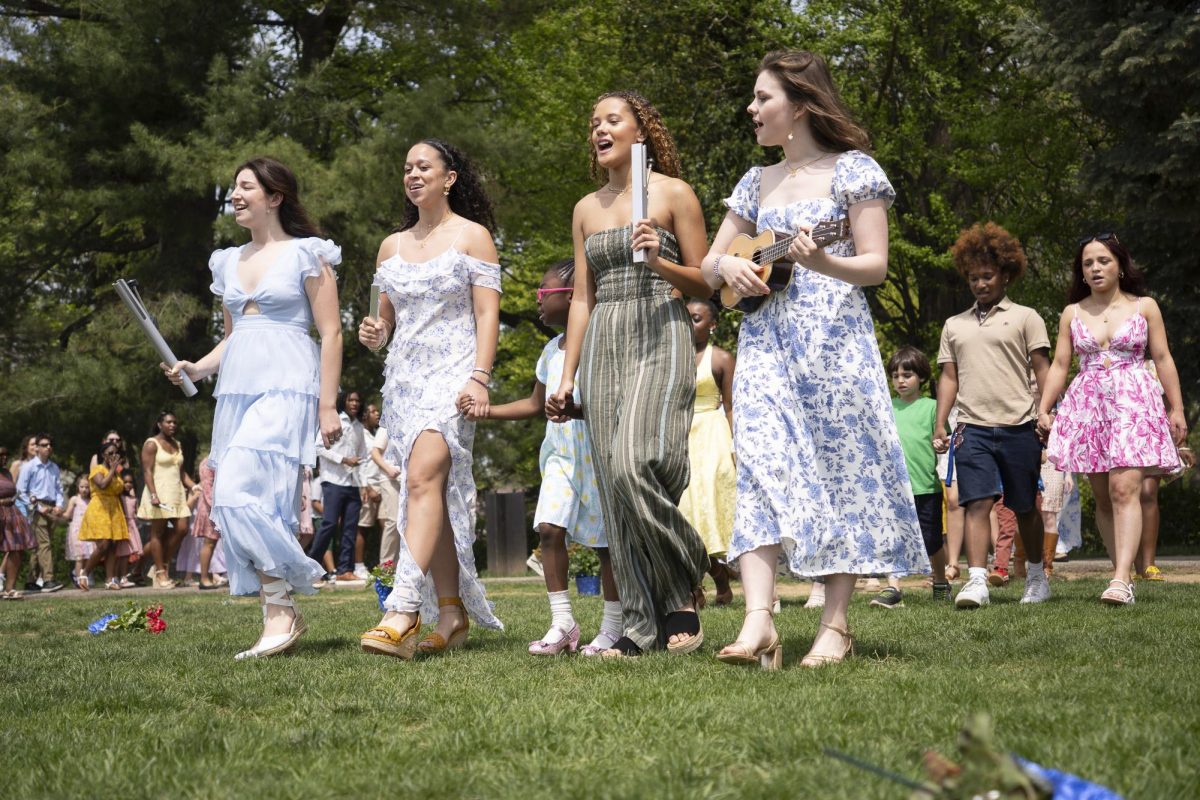
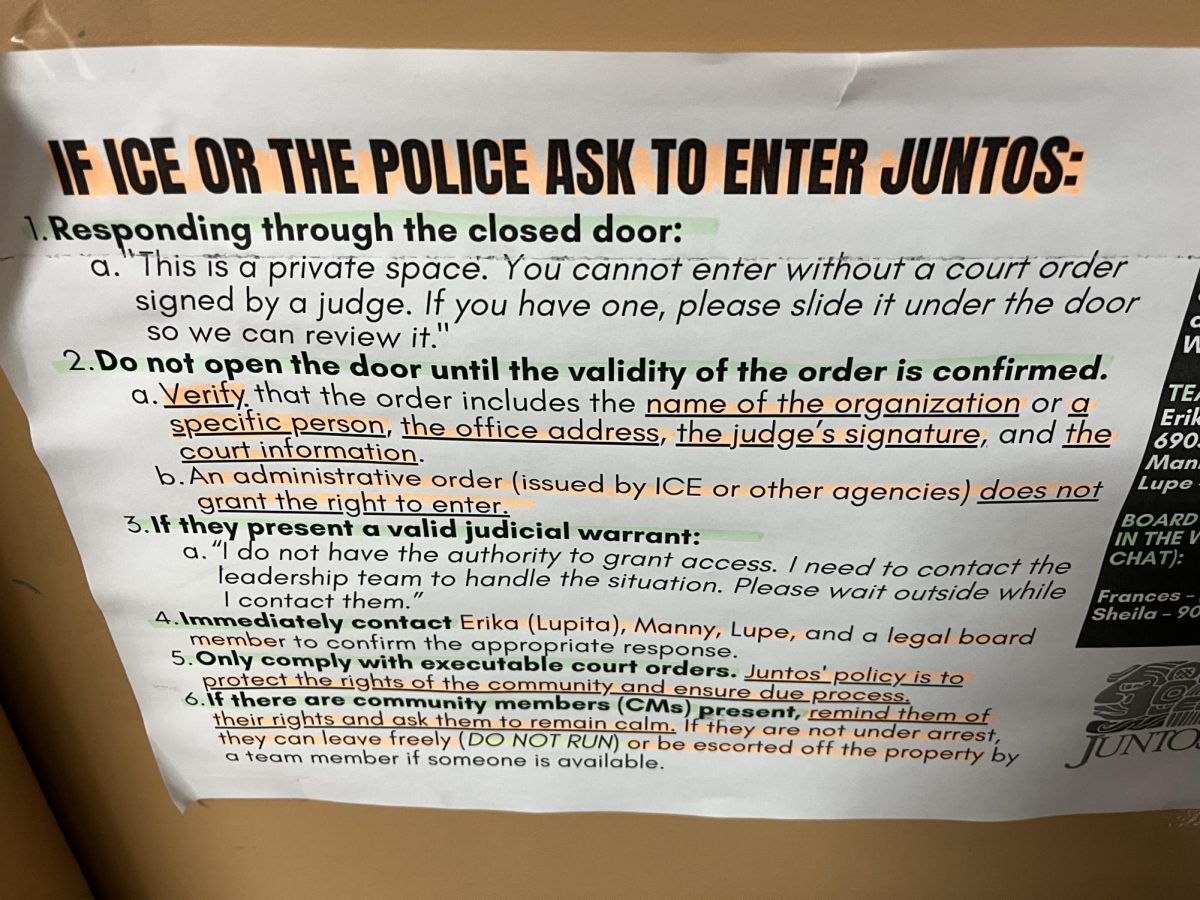
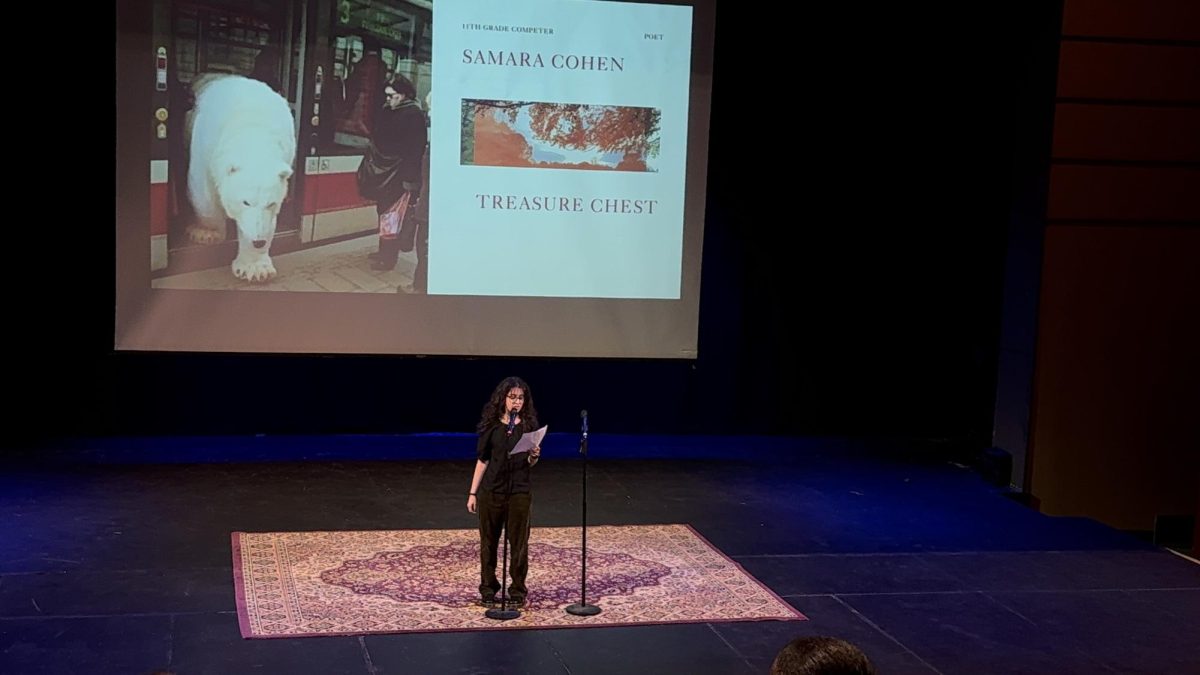
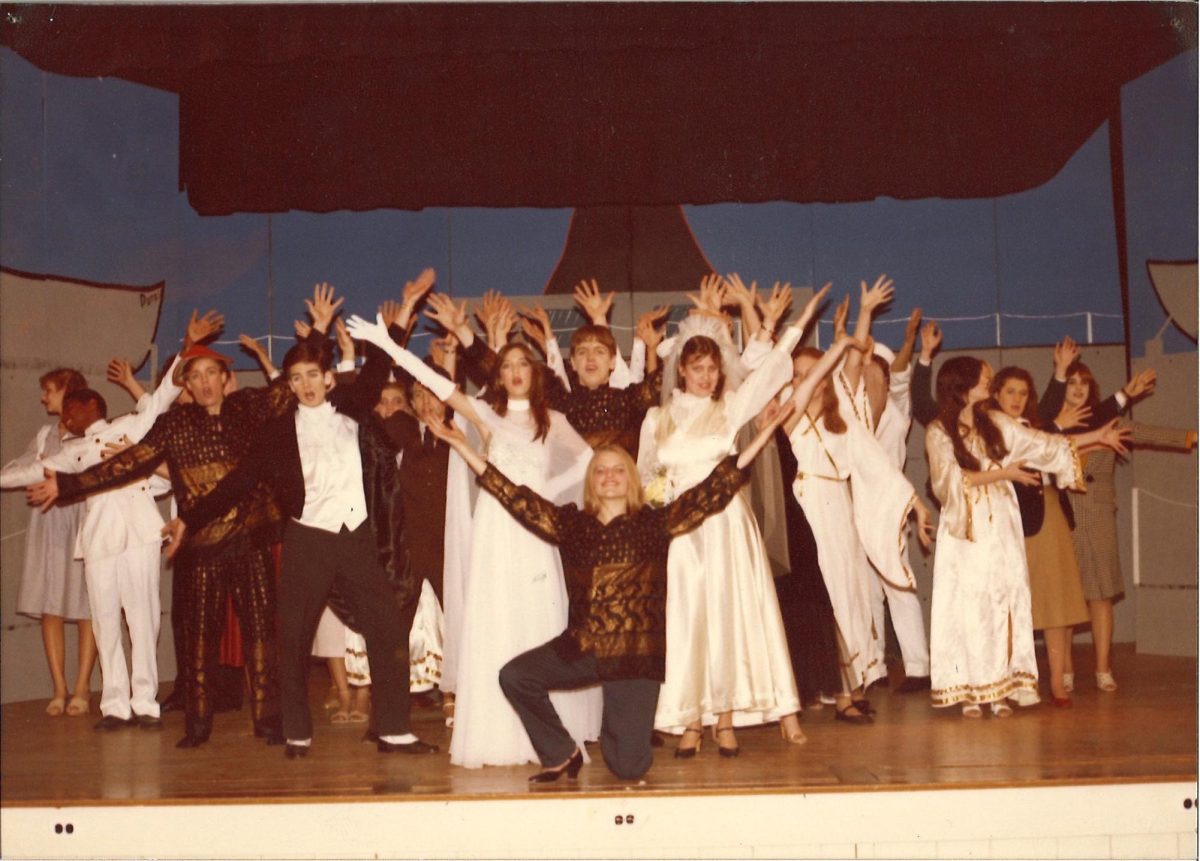


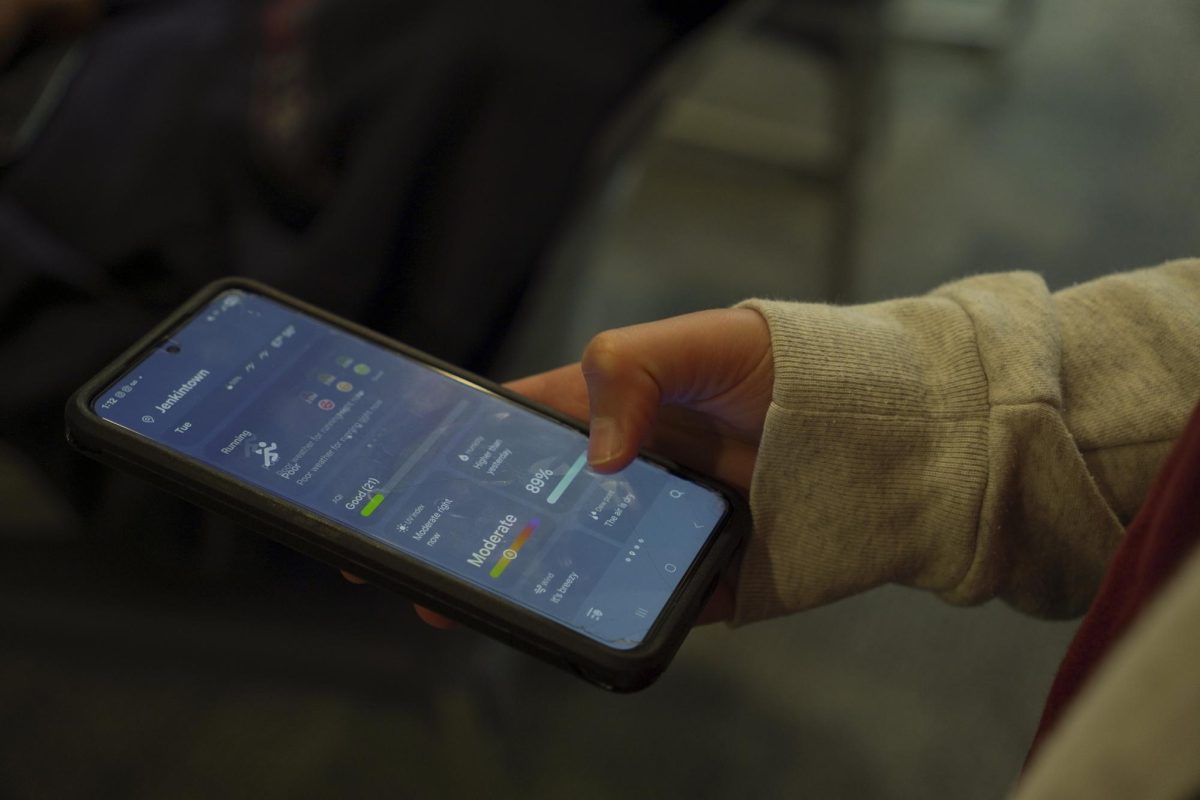
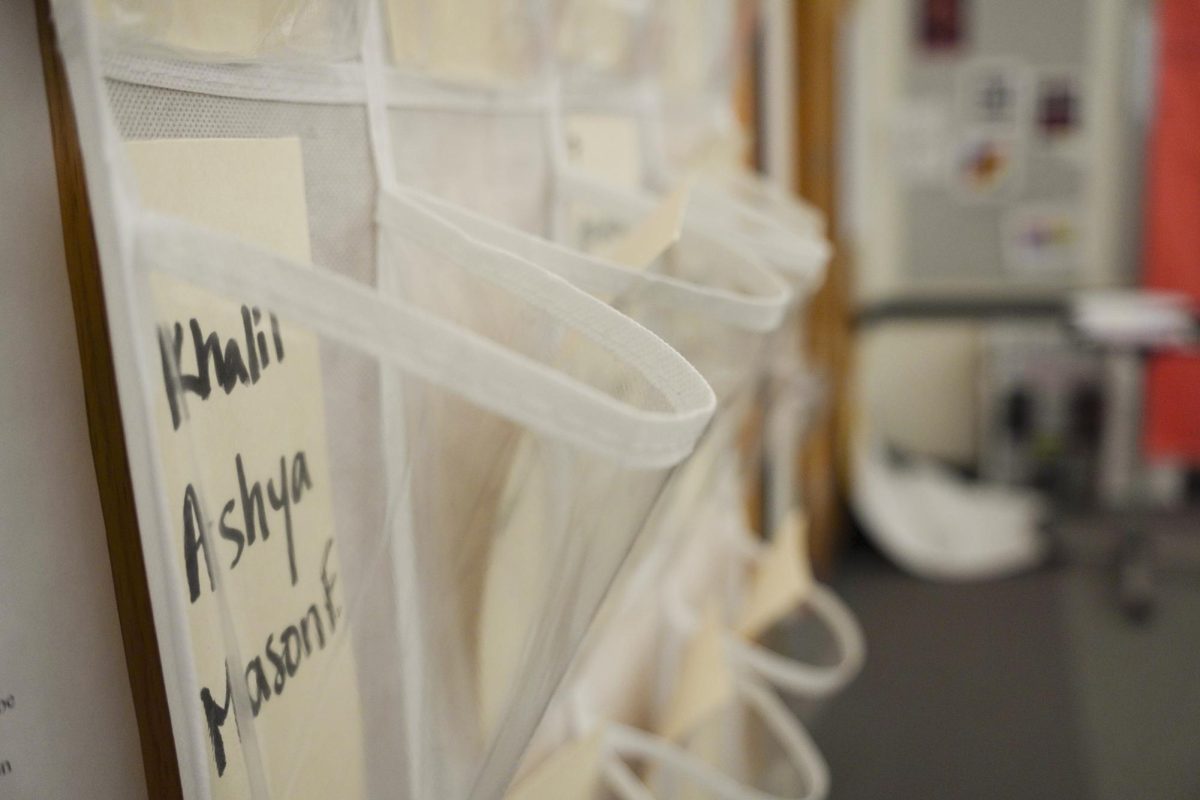
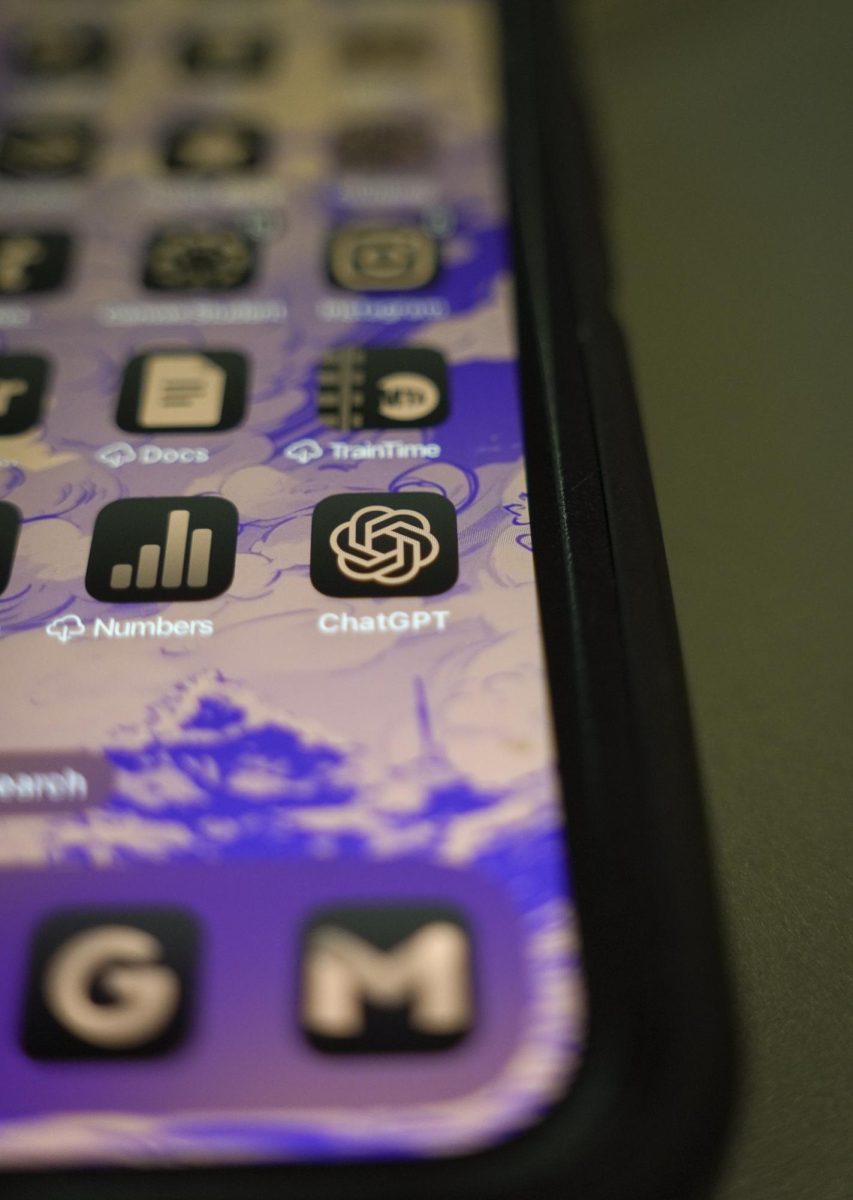
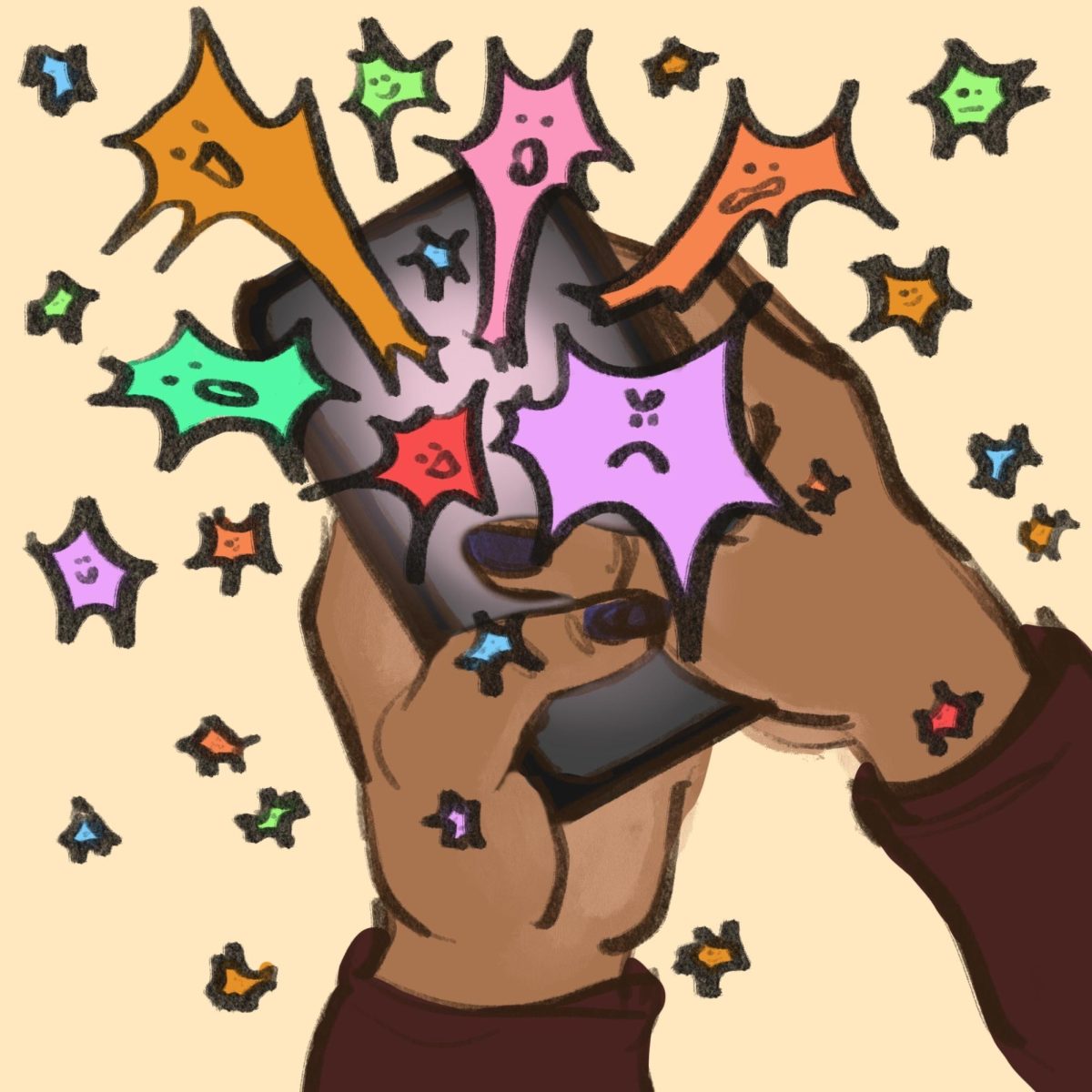
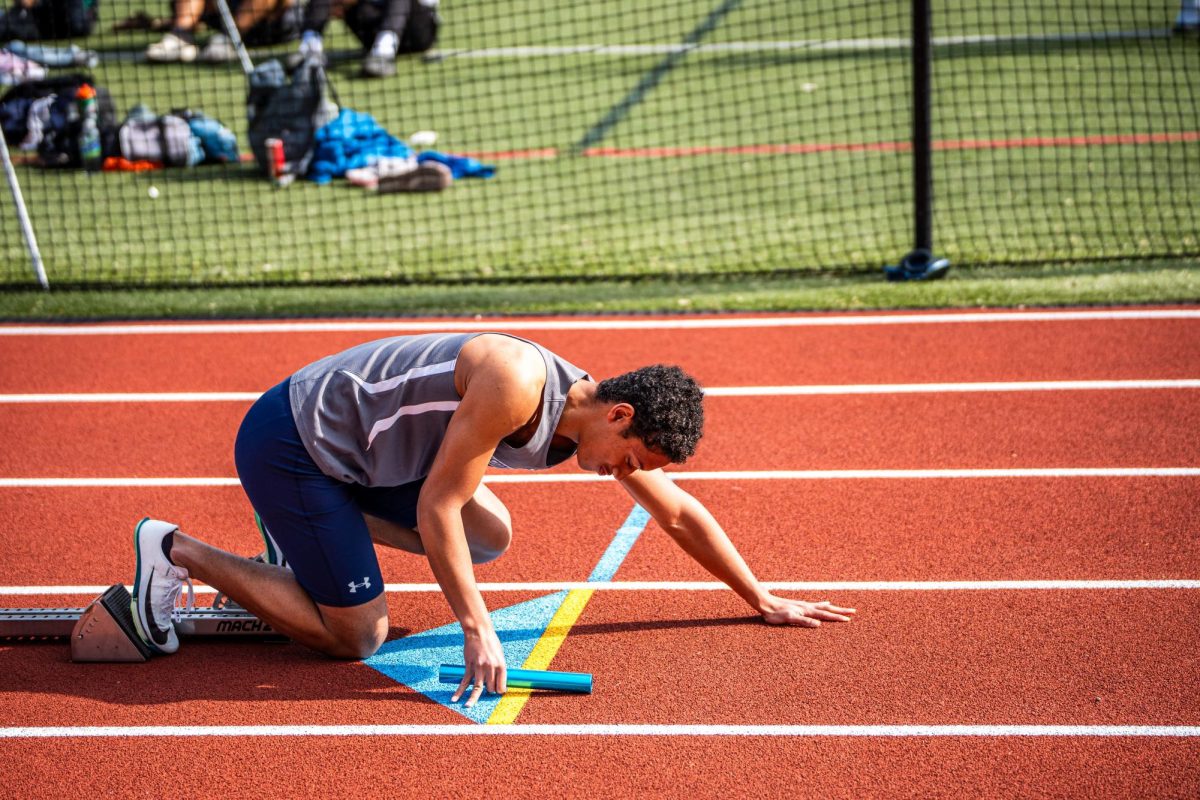
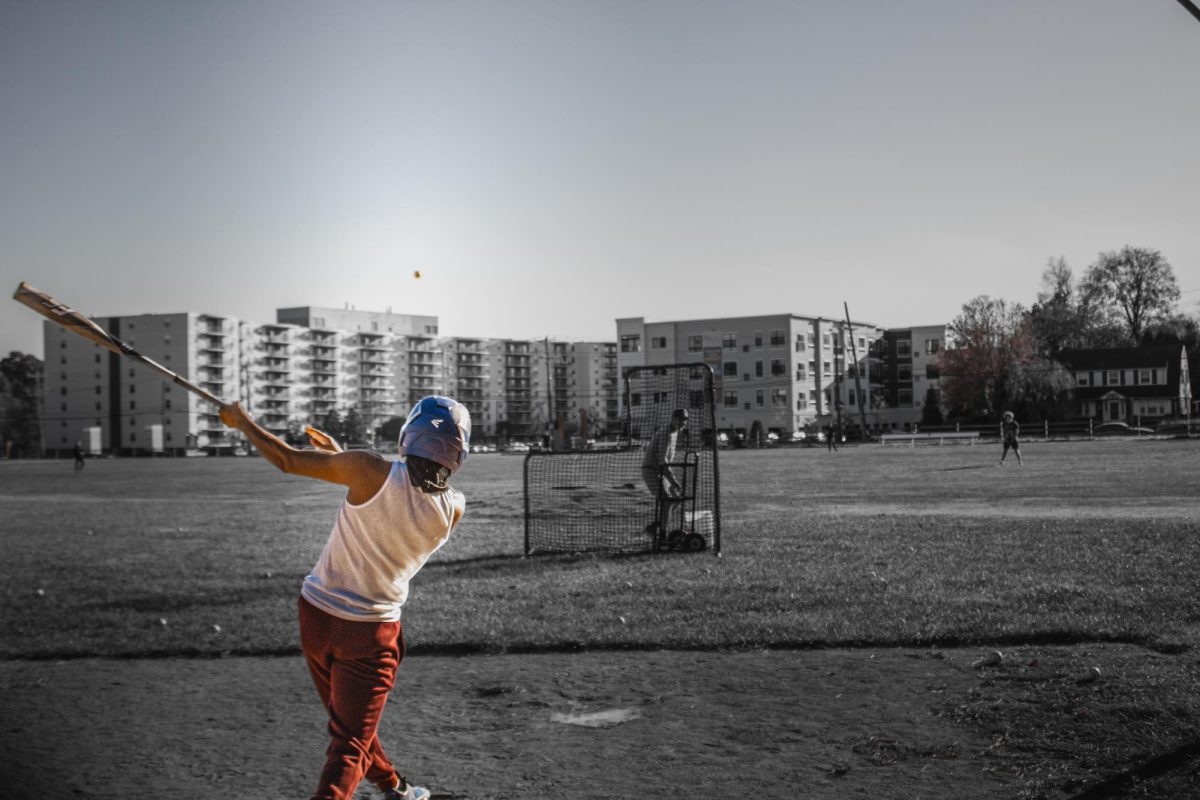
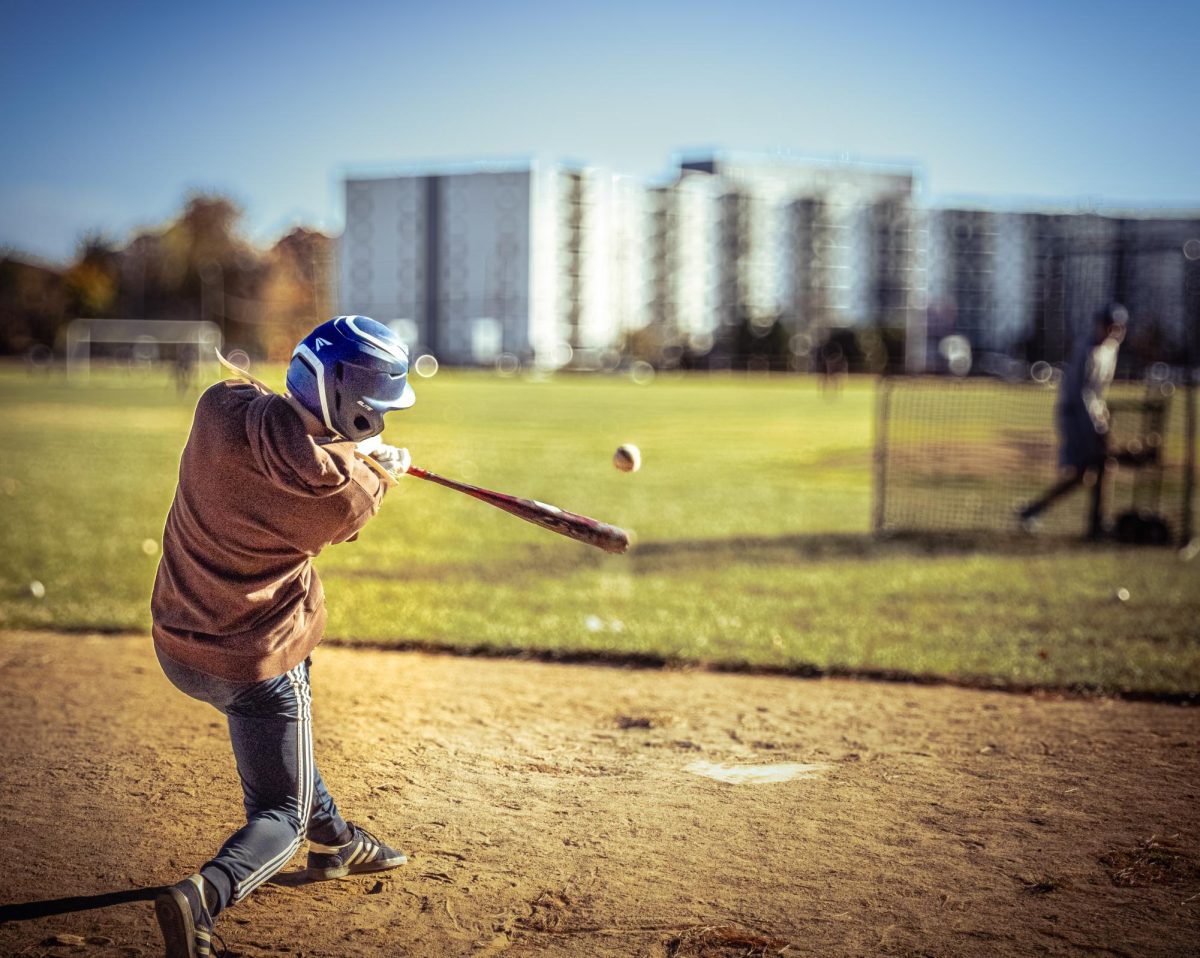


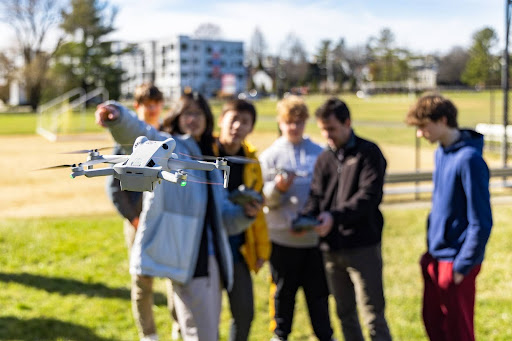
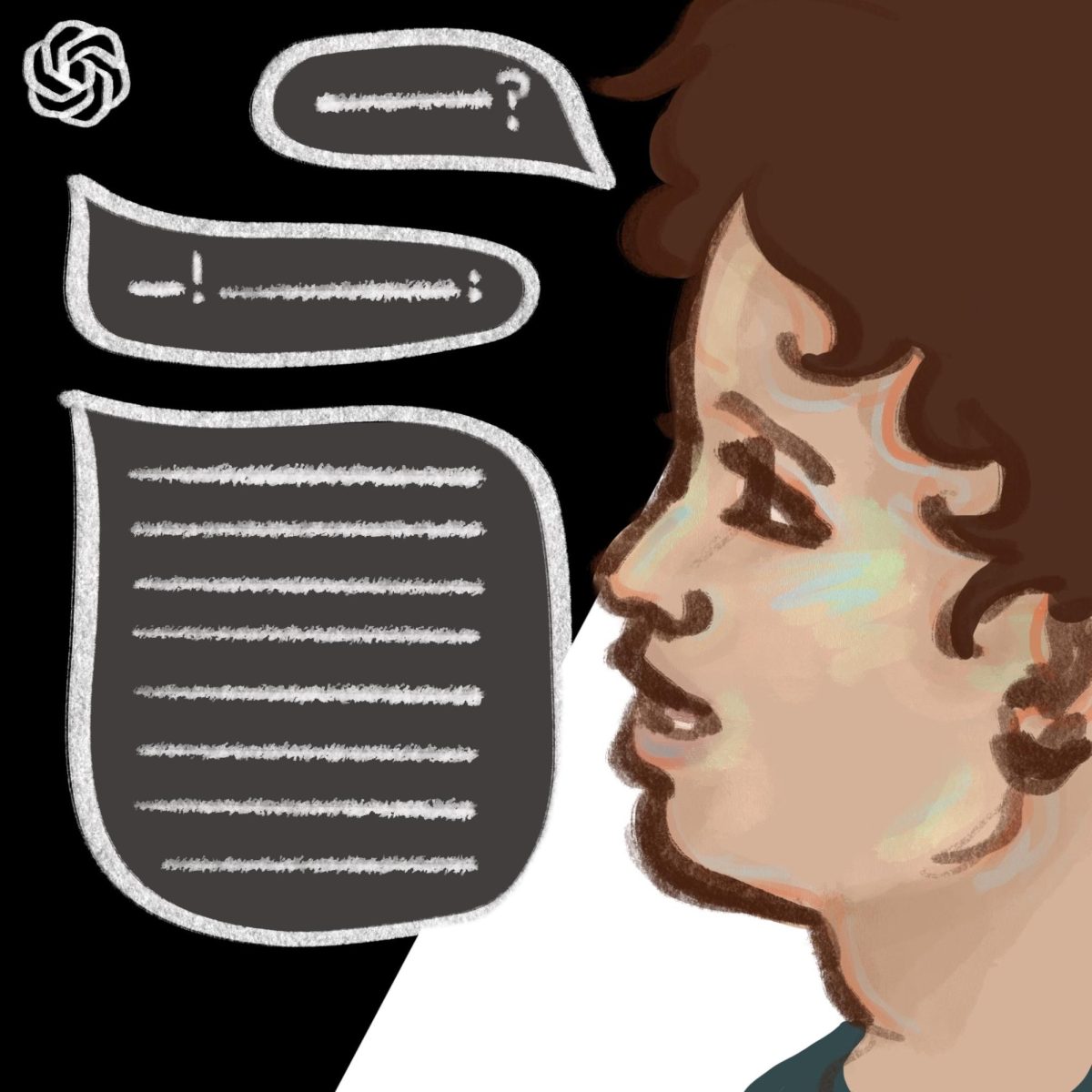
Timur • Apr 5, 2024 at 7:39 am
I think that experiential learning is a great way to help students and just people in general to learn. Because with experiential learning you’re not just sitting in a classroom and being told theory and what you should/would do in a certain situation and instead you’re able to actually put yourself in that situation and figure out what you would do if you were in that situation and the reasons about why you would do it. It teaches you problem solving and critical thinking skills that you can’t get by just learning theory in a classroom.
Nico Ren • Apr 3, 2024 at 12:38 am
I think experiential learning is a great way to promote students’ curiosity. Instead of listening to theoretical knowledge, practical activities will impose and prolong the memory of that knowledge but also gain hands-on experience. The author mentioned their transition from a student who dislike school until they get in touch with this type of learning experience. This exemplifies this innovative method of learning, enhancing student engagement but also improving critical thinking, creativity, and independence, preparing students for future challenges. By integrating Ex-term, real-world experiences, such as field trips, global travel, and cohort programs, AFS breaks traditional passive learning to bring an active and engaging learning experience.
Will Hale • Apr 2, 2024 at 10:55 am
Something I wanted to talk about was the ExTerm I had last year. At the beginning of it, I thought it was just going to be a bunch of nonsense and stupid things. Though, little did I know it was a big change and huge experience for me. The type of things we did was Yoga, stretching, Meditation, and taking time for your mental health. In the middle of that exterm, my thoughts about it changed and everything felt light and easy for me. Even though things can be hard, I felt like my proctors, my friends around me, and also myself helped figure out a way through the solution.
Isabel Grey • Apr 2, 2024 at 10:48 am
I agree with many of the points presented here and enjoy experiential learning myself, but I have experienced frustration when attempting to participate in these programs as the number of people and resources are limited due to our small size. It is a challenge to cater to every one of AFS’s student’s unique interests and often success is high but exprograms can cause students to miss class and can be an even larger time commitment outside of school. There is no perfect way to balance it without sacrificing something important. These resources are amazing and can be life-changing but not everyone can be included or have overlapping interests within these programs.
Ethan Farma • Mar 21, 2024 at 10:40 am
I think that this article resonates with me because of my first Ex-Term program. It was an excitement for me, I got into the Wissahickon with a couple of my really good friends. I was truly excited about this because I heard that the majority of the time there was just for us to hike and take different trails to explore. Everything about the experience was amazing. From exploring places I’ve never been to eating lunch on the top of a cliff monument. I feel like experiential learning is such an important experience for students at AFS because for some people learning with hands-on work can help a person to retain things they are interested in. The reason I feel the ex-term to the Wiss was a very meaningful program was that I was interested and invested in what we did. Learning about the outdoors while being immersed in it is always a better experience for me than learning it in a classroom. I agree with this perspective as experiential learning is very important in the growth of a student.
Lori • Mar 21, 2024 at 10:36 am
Yes, I definitely agree with the perspective in this article. For someone who has only gone to AFS (that is 15 years today), I cannot imagine an education unlike this. Even as young as 5 or 6 year olds, we would take field trips to the local market or art studio and learn through hands-on activities. In the Upper School specifically, I was able to dive deeper into specific topics more geared towards my career goals. I have spent some time in Chef-Ex, Farm-Ex, Biz-Ex, and am about to embark on my capstone later in May. Additionally, I was able to participate in the global travel in Spring 2022 to California. There, I gained insight about AAPI history. Even though I may have already had knowledge of AAPI history, I was able to try new things and learn through foods, museums, and talking with locals. That experience still holds a very important memory in my high school career.
Jaydon • Mar 21, 2024 at 10:30 am
I agree with the author’s stance that experiential learning creates a more fun and interesting learning environment. The opportunities that AFS gives us to try out things that aren’t traditionally in a standard curriculum really help us get a better understanding of our own interests and what we might want to do with our lives later down the line. It also helps us create friendships and bonds with others who we might not have otherwise due to having the same interests and being in the same programs. The experiential learning opportunities also serve to mix up the standard classroom feeling that most students are accustomed to by now.
James • Mar 21, 2024 at 10:28 am
I think that experiential learning is so good nowadays with everything going on the way it does in our world. In feel like since Covid happened there was this sort of disconnect and a gap that really needed to be bridged with learning everywhere. The learning we do in non traditional classroom spaces that is more hands on and and interactive is better for our generation. We spend so much time on our phones and devices completely out of touch with the world around us. So learning in this way regardless of it being new Information or not feels so refreshing. For going on ex term trips to do a capstone project to me those are things that hold value. Because in a lot of cases those are things we will do in real life and we are getting a head start on how to handle and understand these situations without just being thrown into them with any knowledge of them.
Will • Mar 21, 2024 at 8:36 am
I agree with the authors perceptive which is that experiential learning helps students grow and love school. I feel that during the day I get really bored and stressed which this article talks about. Sense this is my first year at Abington Friends I have not yet been able to experience a experiential learning program first hand. The closest thing I can think of that I have done here is being a part of the robotics team. Through the robotics team I was able to find a connection to something that I didn’t know I wanted. Along with that school days became less boring and stressful because I would always be looking forward to robotics after school.
Eli Belotserkovskiy • Mar 21, 2024 at 8:25 am
I think this article brings up some great points like how school is usually repetitive and boring. It is easy to see why students don’t like school. This survey verifies this, “In a survey of approximately 20,000 U.S. high school students, researchers from the Yale Center for Emotional Intelligence and the Yale Child Study Center found that nearly 75% had negative feelings about school”. Experiential learning takes away from the dullness and disrupts the normal routine. It is also good educator because it teaches students to struggle through certain aspects of life. In my personal experience everybody is looking forward to it and I think it is a great addition to the curriculum.